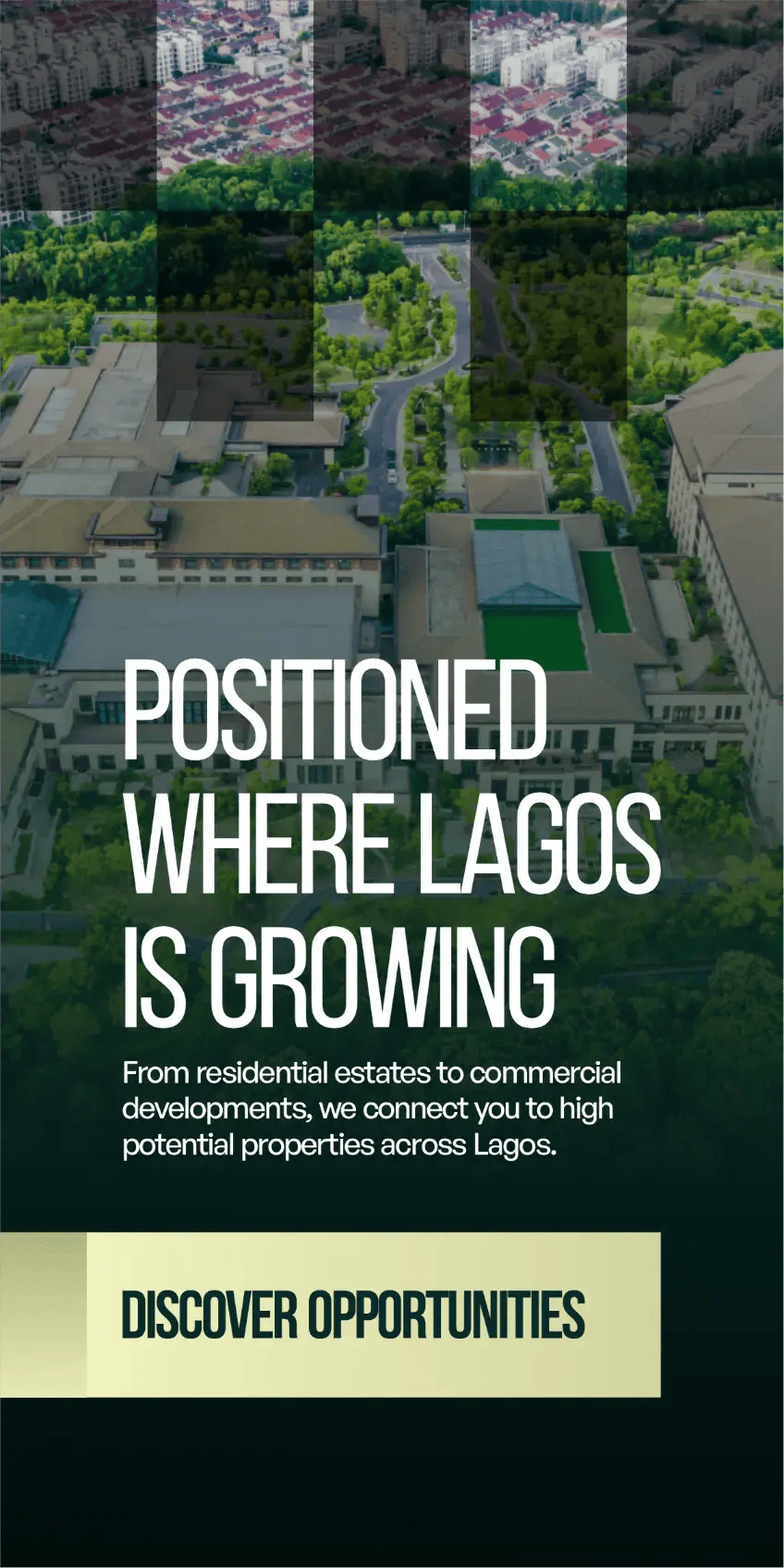In the luxury property market, the term co-living might raise a few eyebrows. But behind the scenes, a sophisticated and powerful revolution is underway in Africa’s major cities. Think beyond the rowdy hostels or student dorms—this is redefined co-living: luxury, communal, and purpose-built for modern, high-flying professionals and entrepreneurs. It’s comfort, convenience, and community—everything wrapped up in a sleek urban package.
As Lagos, Nairobi, and Cape Town grapple with rapid growth, limited infrastructure, and stratospheric housing costs, there is an emergent model of housing. The co-living houses offer private suites with en-suite bathroom, luxury amenities, co-working lounges, gyms, and thoughtfully designed communal areas in which members can unwind, collaborate, and network. Members are not just tenants—they are residents of a community built on the foundation of shared ambition.
This trend mirrors global trends in places like London and New York, but Africa’s version has one special strength of its own: cultural resonance. With a strong sense of collective belonging built into most societies, urban Africans naturally lean toward communal living—if it’s done well. For remote-working professionals, entrepreneurs seeking offsite assembly space, or creatives looking for collaboration, a high-touch, branded co-living model boxes every wish.
What is being highlighted is not just convenience—it is performance. These houses help in reducing isolation, combating burnout, and unfolding spontaneous creativity. Imagine an investor in Lagos taking breakfast with a startup founder based in Nairobi who resides in the same building: deals, knowledge, and ideas being ignited over coffee shared. When done right, co-living becomes a business accelerator, not just a housing option.
And for smart property developers and owners, co-living creates a new business model. Instead of vacant apartments or underutilized penthouses, these communities generate monthly membership fees, usually at higher yield than traditional rentals. A well-run co-living villa in Accra will perform better than luxury condos because it’s offering access—not just square meters.
It’s also a timeline disruptor. With purpose-built co-living product, residential projects can get out of the gate faster. Developers bypass the traditional sales cycle and sell access to community, more than just a floor plan. They evangelize a lifestyle, more than just a location.
Of course, success depends on curation. Buildings must balance community with privacy. Interiors must feel bespoke, yet also functional. Levels of service must somewhere between that of a five-star hotel and a well-appointed private residence. The individuals who operate these spaces are not simply landlords—they are hosts to community, curators of events, managers of lifestyle, and sometimes even brokers of deals.
This model is catching on across the continent. Nairobi’s luxury co-living offerings provide executive retreats and creativity residencies. In Lagos, expat and returnee professionals seek out housing that gives them autonomy as much as proximity to networks. Cape Town transforms historic homes into hip co-living pods with garden suites and shared workspaces. Everywhere, the softly affluent are discovering afresh that wealth no longer resides in property—but in how you live.
Further down the line, expect this trend to move a step further. Think co-living spaces based on sustainability, wellness, and lifelong learning. Wellness suites, rooftop gardens, and professional development workshops will be the standard. Community investment plans may kick in—blending habitation with impact, allowing residents to invest in local businesses or philanthropy.
This is a lifestyle statement, rather than a real estate model. It reads, “I value independence, but I do not want to be isolated. I thrive in quiet luxury, but I crave connectedness. I work hard. I rest well.” In the fastest cities in Africa, where competition is fierce and boundaries are permeable, that duality is important.
To the savvy property investor or developer, co-living is not a niche—it is a viable model of high-margin hospitality. To the urban elite, it’s not a compromise—it is a space that echoes their performance ethos and their desire for considered belonging.
Properly done co-living could very well be real estate’s secret weapon tomorrow: relationship-based, scalable, and based on the way urban Africans want to live. Because in a world that values independence, the wisdom of community—quality-delivered—remains priceless.




